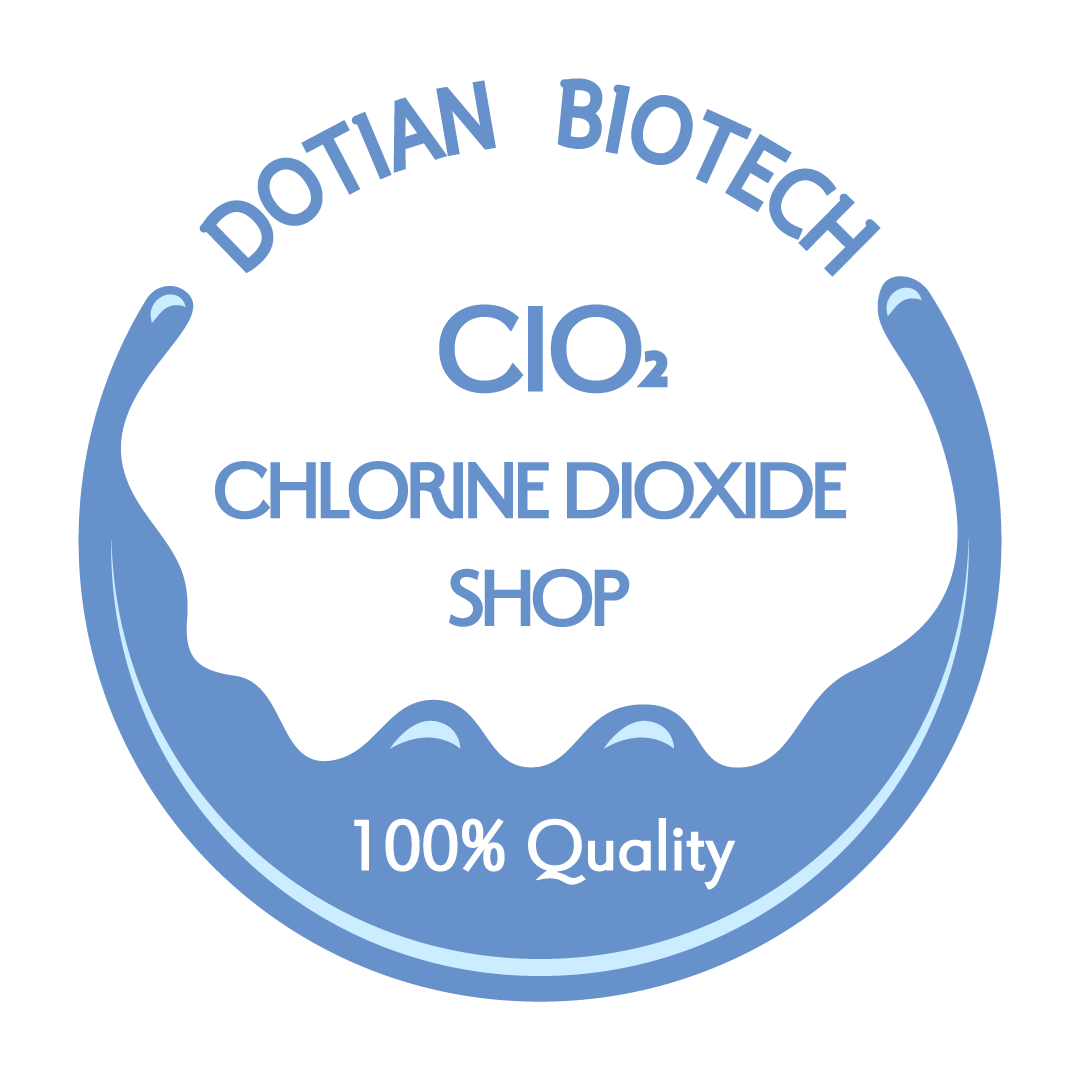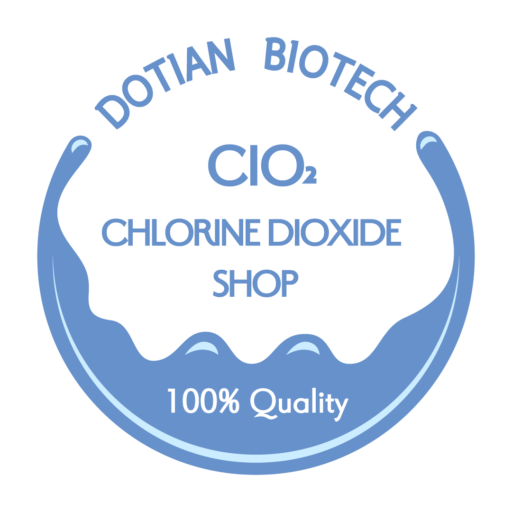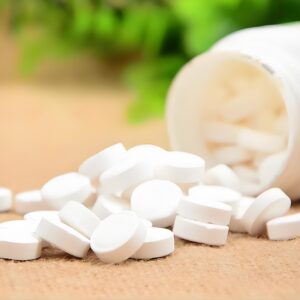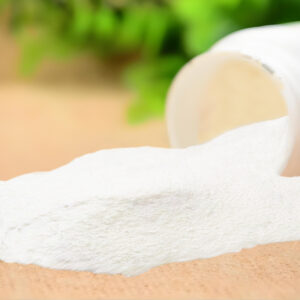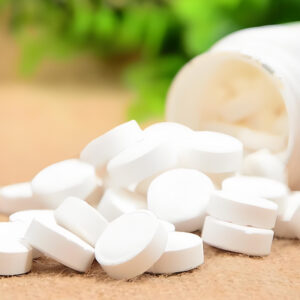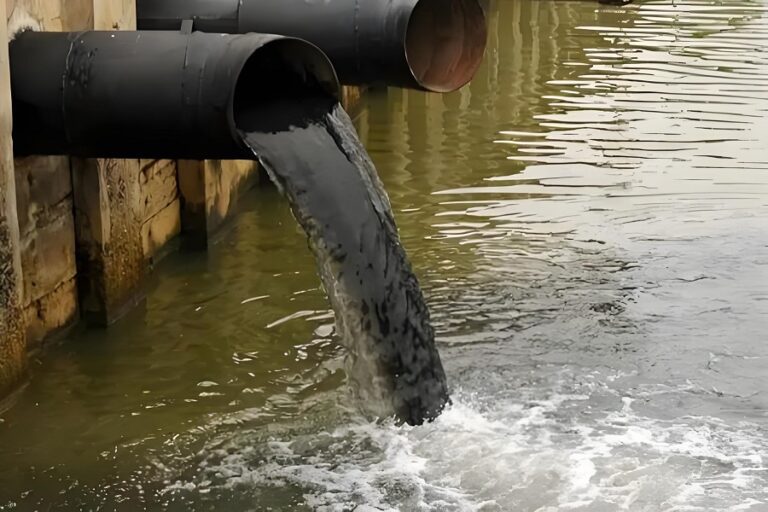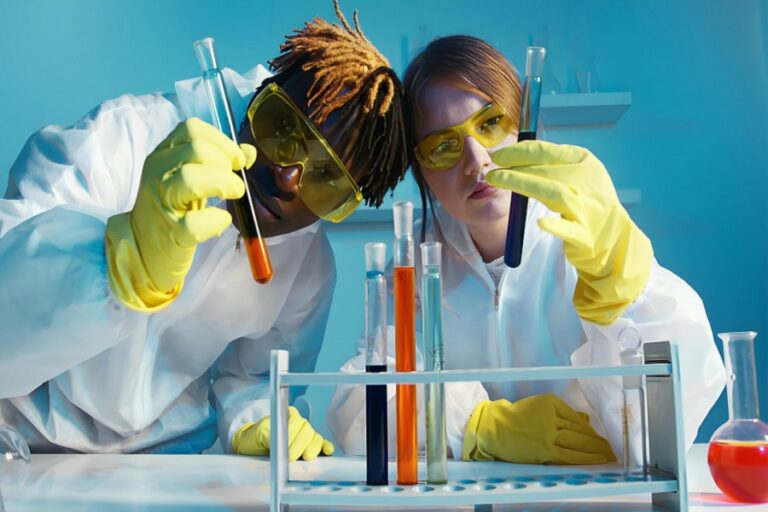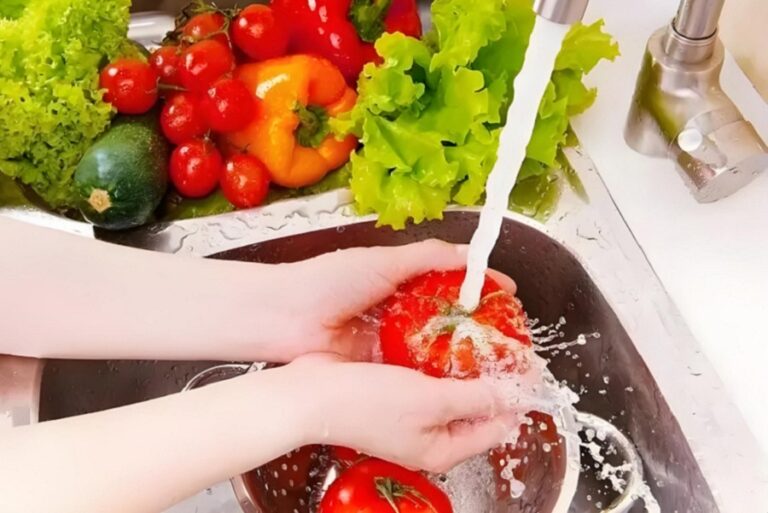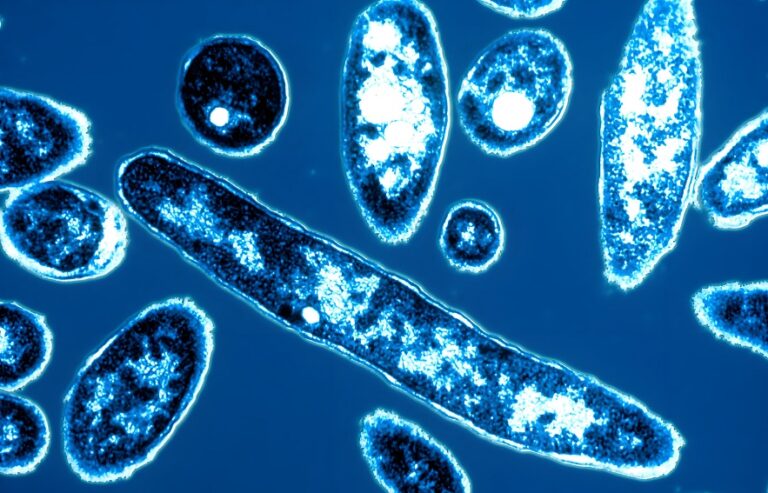Key words: Food and Beverage Industry, Sanitation Issues
In the food and beverage industry, ensuring the highest standards of safety and sanitation is a persistent challenge. Contamination can occur at multiple points in the production process, from water supply to surface cleanliness and equipment sanitation. The failure to address these issues not only threatens public health but can also lead to economic losses, product recalls, and reputational damage. Fortunately, chlorine dioxide (ClO₂), particularly in the form of DOTIAN® chlorine dioxide effervescent tablets and powder, provides an efficient and eco-friendly solution for tackling these challenges. As versatile chlorine dioxide generators, DOTIAN® products are designed to enhance the safety and quality of food production.
The Key Sanitation Issues Facing the Food and Beverage Industry
One of the most pressing concerns in food and beverage production is the contamination risk posed by microorganisms, including bacteria, viruses, and fungi. Traditional sanitizers often struggle to eliminate pathogens completely, leaving the door open for cross-contamination. These contaminants can affect not only food safety but also alter the taste and quality of the final product. Water, a critical component in food processing, can carry microorganisms that compromise product integrity if not treated adequately.
Additionally, many commonly used disinfectants produce harmful by-products, such as trihalomethanes (THMs), which can pose health risks to consumers and workers alike. These by-products also challenge the industry’s move towards environmentally friendly and sustainable practices. The complexity of managing both microbial safety and environmental impact requires innovative approaches, which is where chlorine dioxide demonstrates its unique strengths.
Why Traditional Methods Fall Short
Conventional sanitation methods, including the use of chlorine-based disinfectants, have significant limitations. While chlorine is effective in killing certain microorganisms, it also reacts with organic matter to produce hazardous by-products like THMs and haloacetic acids (HAAs). These chemicals are tightly regulated due to their potential health impacts, driving the need for safer alternatives.
In the UK, the regulatory framework around disinfectants is particularly stringent. The Food Standards Agency (FSA) and the Health and Safety Executive (HSE) ensure that any sanitation method employed in food production adheres to strict safety guidelines. These agencies are keen to promote solutions that minimize both health risks and environmental damage. As such, the food and beverage industry is increasingly looking toward safer, more sustainable technologies.
Chlorine Dioxide: A Modern Solution For The Food and Beverage Industry
Chlorine dioxide (ClO₂) is a superior alternative to traditional disinfectants. It offers broad-spectrum antimicrobial action while minimizing the formation of harmful by-products. Its ability to effectively neutralize pathogens, including bacteria, viruses, and fungi, makes it an invaluable asset in the fight against contamination. Additionally, unlike chlorine, ClO₂ does not react with organic compounds to form THMs, aligning with modern industry goals to reduce harmful emissions.
In practical applications, chlorine dioxide can be used across multiple stages of food production. From treating water used in processing to surface sanitation and equipment sterilization, DOTIAN® chlorine dioxide effervescent tablets and powder are powerful tools in safeguarding food quality. These chlorine dioxide generators provide a controlled release of ClO₂. This ensures that the sanitation process is both efficient and environmentally conscious.
Application Scenarios and Best Practices
Chlorine dioxide’s versatility allows it to be used in various aspects of food production:
- Water Treatment: ClO₂ is particularly effective in purifying water used in the production process, eliminating microorganisms that can compromise both safety and taste. By using DOTIAN® chlorine dioxide effervescent tablets, manufacturers can ensure that their water supply remains free from harmful contaminants and off-flavors.
- Surface and Equipment Sanitation: Cross-contamination remains a major concern in food production facilities. Regular use of ClO₂ on processing equipment and work surfaces helps reduce the risk of microbial transmission, ensuring product safety throughout the supply chain.
- Produce Washing: Fresh fruits and vegetables are often washed with chlorine dioxide to extend shelf life and maintain quality. Unlike other treatments, ClO₂ does not alter the taste or nutritional value of produce, making it a preferred choice for food processors.
To maximize the benefits of chlorine dioxide, it’s crucial to follow best practices in its implementation. This includes regular monitoring of ClO₂ concentrations, staff training on handling procedures, and adherence to safety protocols. By adopting these measures, food processors can mitigate risks while taking advantage of the full antimicrobial potential of ClO₂.
Environmental and Economic Benefits
As the food industry seeks to reduce its environmental footprint, the eco-friendly nature of chlorine dioxide becomes increasingly significant. Chlorine dioxide breaks down into harmless by-products, primarily salt, and does not contribute to the formation of persistent organic pollutants. This makes it an ideal choice for companies committed to sustainability.
Furthermore, the use of DOTIAN® chlorine dioxide generators can lead to significant cost savings. By reducing the incidence of contamination and extending product shelf life, businesses can lower waste and avoid costly recalls. Additionally, chlorine dioxide’s efficiency in lower concentrations reduces the amount of disinfectant needed, offering both economic and environmental advantages.
Future Perspectives and Innovations
The future of chlorine dioxide in the food industry is promising. Ongoing research into application technologies and improved delivery methods, such as effervescent powders and tablets, is enhancing its efficacy and ease of use. These innovations will likely continue to expand chlorine dioxide’s role in sustainable food processing.
At DOTIAN®, we remain committed to pushing the boundaries of chlorine dioxide technology. Our products are designed to meet the highest standards of safety and effectiveness, helping the food and beverage industry navigate the complexities of modern sanitation.
As the UK food industry faces ever-increasing regulatory scrutiny and consumer demands for safer, more sustainable products, chlorine dioxide offers a reliable solution. Its unmatched antimicrobial properties, coupled with its eco-friendly profile, make it an essential tool for food and beverage processors. Whether you’re addressing contamination risks in water, surfaces, or produce, DOTIAN® chlorine dioxide effervescent tablets and powder provide a cutting-edge solution that aligns with both safety standards and environmental goals.
Contact us today to learn more about how our chlorine dioxide generators can support your sanitation needs and help you meet the highest standards of food safety.
-
1g Chlorine Dioxide Tablet for Poultry Disinfection
-
Chlorine Dioxide Disinfection Tablets
-
Chlorine Dioxide Effervescent Powder Medicine Grade
-
Chlorine Dioxide For Food Processing
-
Chlorine Dioxide Powder Agriculture
-
Chlorine Dioxide Powder Food Grade
-
Chlorine Dioxide Powder for Aquaculture
-
Chlorine Dioxide Powder for Cooling Tower
-
Chlorine Dioxide Powder For Water Treatment
